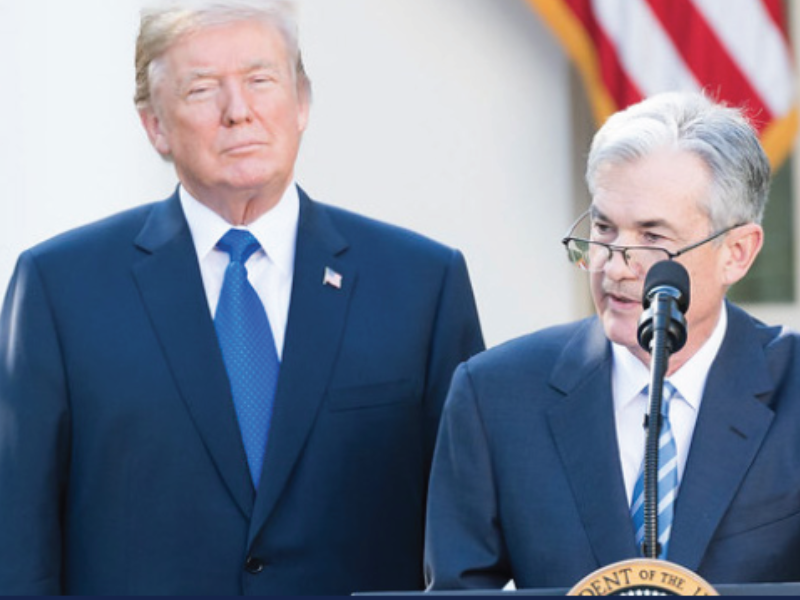In late April, U.S. Rep. Barney Frank (D-MA) and 11 co-sponsors introduced the Internet Gambling Regulation and Enforcement Act of 2007 (H.R. 2046). The move may set the stage for reversing a recent bill’s restrictions on Internet-generated wagers and resurrecting long-term debates on a range of international trade, civil liberties, and moral issues.
At stake is an online gambling industry believed to be worth about $100 billion on a global basis. North Americans are the dominant bettors (12-20 million estimated in the U.S. alone). Online gambling enterprises such as Party Gaming Plc, Partypoker.com, and Big Stack Enterprises are nervously watching the U.S. congressional debates.
H.R. 2046 requires operators of online gambling activities to be licensed by the state. The measure also addresses U.S. authority over wagering already permitted or prohibited by individual states, Indian tribes, and sport leagues.
Prospects Doubtful
Frank’s filing of H.R.2046 had been anticipated in Capitol Hill circles for several weeks. The initial response from GOP members of Congress, gambling houses, and free enterprise advocates suggested little progress on the measure is likely in this legislative session, and passage of even a compromise measure could take years.
The bill takes aim at the Republican-sponsored Unlawful Internet Gambling Enforcement Act (UIGEA), which last October was slipped into pre-election passage of the Safe Accountability For Every Port (SAFE PORT) Act of 2006, a House-originated spending security bill signed soon after by President George W. Bush.
UIGEA, which revised the U.S. criminal codes by banning all forms of electronic payment and credit transactions for Internet wagering, dampened international online gambling activity in the U.S. Details on how financial institutions are supposed to enforce UIGEA are due by early July.
‘Interference’ Criticized
Frank said UIGEA was “an inappropriate interference on the personal freedom of Americans” that should be undone. He said he saw little sense in singling out online wagering when traditional forms of legalized gambling are permitted in nearly every state.
Frank maintained that by exempting “properly licensed operators” and providing “meaningful consumer protections,” his measure would allow the U.S. government to establish multiple safeguards for the public, set terms for international gambling businesses currently not subject to U.S. jurisdiction, aid the anti-money-laundering operations of the Treasury Department’s Financial Crimes Enforcement Network, and protect states’ and Indian tribes’ rights to control (or ban) gambling activities in their jurisdictions.
Frank’s legislative staffers and several Washington observers noted the bill could play a role in bringing the United States into compliance with the international General Agreement on Tariffs and Trade (GATT). The World Trade Organization (WTO), acting on a complaint brought by Antigua and Barbuda, where Internet gambling activities are said to be big business, ruled in April that UIGEA violates GATT.
“This trade aspect certainly does matter,” said Sallie James, a policy analyst at the Cato Institute. “The WTO said the new U.S. law isn’t acceptable and such a new bill could get the U.S. out of this bind. Under GATT, the U.S. said it would allow trade in gambling.”
Clauses Problematic
James also indicated the provisions of H.R. 2046 aimed at protecting state and Indian tribe rights could violate GATT. The WTO has ruled in other cases that GATT provisions are usually binding on all levels of government in a signatory country.
Without quick GATT compliance, according to James, the United States could face trade retaliation by Antigua and Barbuda and other WTO member nations. They could, for example, refuse to adopt U.S.-sought intellectual property protections. “I hope it doesn’t take years,” James said.
James said she agrees with the civil liberties arguments outlined by Frank and supports his bill’s general approach, although she has concerns about the licensing item because she believes governments shouldn’t be heavily regulating online gambling in the first place. Moral objections to gambling and concerns over addictive betting are also part of the debate.
Bigger Issues at Stake
Tom McClusky, vice president of government affairs for the Family Research Council, suggested Frank’s bill could be perceived as overruling states’ laws and infringing on states’ rights. He noted UIGEA did not ban Internet wagering, leaving that decision in states’ hands. Eleven states prohibit their residents from online gambling, while the remaining 39 states have no such statutes on the books.
H.R. 2046 may become entwined with some larger legislative issue, such as troop withdrawals from Iraq, just as UIGEA was attached to the larger and even more controversial SAFE PORT measure. The Poker Players Alliance (PPA), a loose association of more than 400,000 international members, strongly supports H.R. 2046. But Rep. Bob Goodlatte (R-VA), who introduced UIGEA, and his GOP colleagues promise a fight over Frank’s proposal.
H.R. 2046 was referred to the House Financial Services Committee, which Frank heads as chairman, and the House Energy and Commerce Committee under chairman John D. Dingell (D-MI). At press time they were preparing hearings on the bill.
Frank Barbetta (frank_barbetta@yahoo.com) writes from Little Falls, New Jersey.
For more information …
Internet Gambling Regulation and Enforcement Act of 2007, HR 2046, http://www.govtrack.us/congress/billtext.xpd?bill=h110-2046


